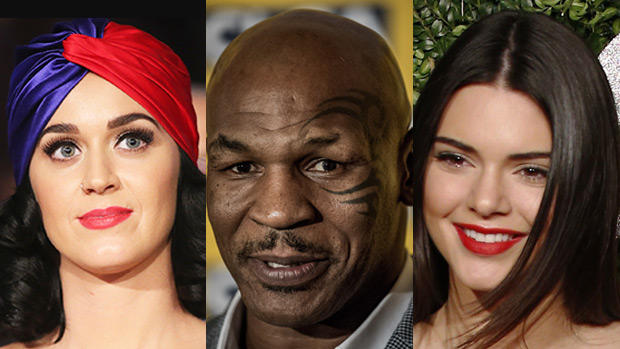Hillary Clinton brings a message of unity to South Carolina
CHARLESTON, South Carolina As she crisscrosses the state to make her final pitch to South Carolinians, Hillary Clinton has started to talk a lot about one thing: unity.
"This campaign is all about bringing us together to solve our problems," she said on Wednesday night, at Morris College in Sumter. "It's about remembering that we have work to do, and we must do it together."
- Hillary Clinton on SCOTUS: I hope the president chooses a progressive
- Hillary Clinton on "superpredators" remark: "I shouldn't have used those words"
The words she chose on Wednesday echoed those she said at a rally at Caesars Palace in Las Vegas on Saturday afternoon, after the results of the Nevada caucuses showed her with a five-point edge over Bernie Sanders:
"I've never believed in dividing America between 'us' and 'them,'" she said. "We're all in this together, and we all have to do our part."
And in Houston on Saturday night, where she celebrated her victory with more than 2,000 supporters gathered at Texas Southern University:
"I'm excited because this will take all of us working together, looking out for one another, lifting each other up," she said. "There's a basic truth about this country. America can only live up to its potential when each American has a chance to live up to yours."
From the beginning of her campaign, Clinton has talked about inclusive policies -- both economic and social -- and emphasized her commitment to finding "common ground" on behalf of all of the American people, whether they are, as she often put it then, struggling, striving or successful.
"We Americans may differ, bicker, stumble, and fall," she said last June, at an event in New York billed as the official launch of her campaign, "but we are at our best when we pick each other up, when we have each other's back. Like any family, our American family is strongest when we cherish what we have in common, and fight back against those who would drive us apart."
She reminds voters about past partnerships with Republicans, like Tom DeLay and South Carolina's own Lindsey Graham, and often recalls a trip to Indonesia as Secretary of State, when a television host asked her how she could have accepted a position in her then-bitter rival's cabinet. Her answer: "We both love our country."
But that was before Donald Trump won three states in a row. In Nevada, he won more than 40 percent of the vote across demographic, gender and ideological lines. And in the recent weeks, and especially in the last few days, Clinton's focus on togetherness has been deliberate and, at times, more urgent than aspirational.
"Our strength is in our unity," Clinton said in Sumter. "We are the United States of America and we need to start acting like it."
Her emphasis was on the word "united." She added: "I listen to the rhetoric on the Republican side, and I don't recognize my country."
Clinton didn't mention Trump when she said that but, in an interview on Thursday set to air on MSNBC on Friday morning, Clinton called his language "divisive" and "mean-spirited."
"I think it's been most surprising to me to see somebody who was affable and was good company and had a reputation of being kind of bigger than life really traffick in a lot of the prejudice and paranoia," she said, "and some of the comments that he's made, which have been so divisive and mean spirited, doesn't quite fit with what I thought I knew about him."
And just before the Republicans took the debate stage on Thursday night in Houston, a fundraising email landed in Clinton's supporters' inboxes. The subject line read: "Donald Trump."
"I've said for a long time that Trump isn't a joke, and now, he's looking more and more likely to be the Republican nominee," read the email, which was signed by Clinton. "The man who riles up his crowds by calling Mexican-Americans criminals and suggesting Muslims should be banned from entering this country has limitless resources to run his campaign -- and he also has a lead in the delegate count."
On Thursday afternoon standing on a dias at a church in Florence, Clinton seemed far from away from the unpredictability of the race and the anger of the electorate. She reflected on her upbringing in the church, and receiving "the gift of faith."
"I think our country, right now, needs faithfulness," Clinton said, turning to look at Sen. Cory Booker, who introduced her speaking about his own faith.
And she cast herself as the one to fight back against the divisiveness.
"It is my hope...if I am so honored and fortunate enough to be your President," she said, "that we will begin to heal those wounds, to cross those divides, to seek and find common ground."
